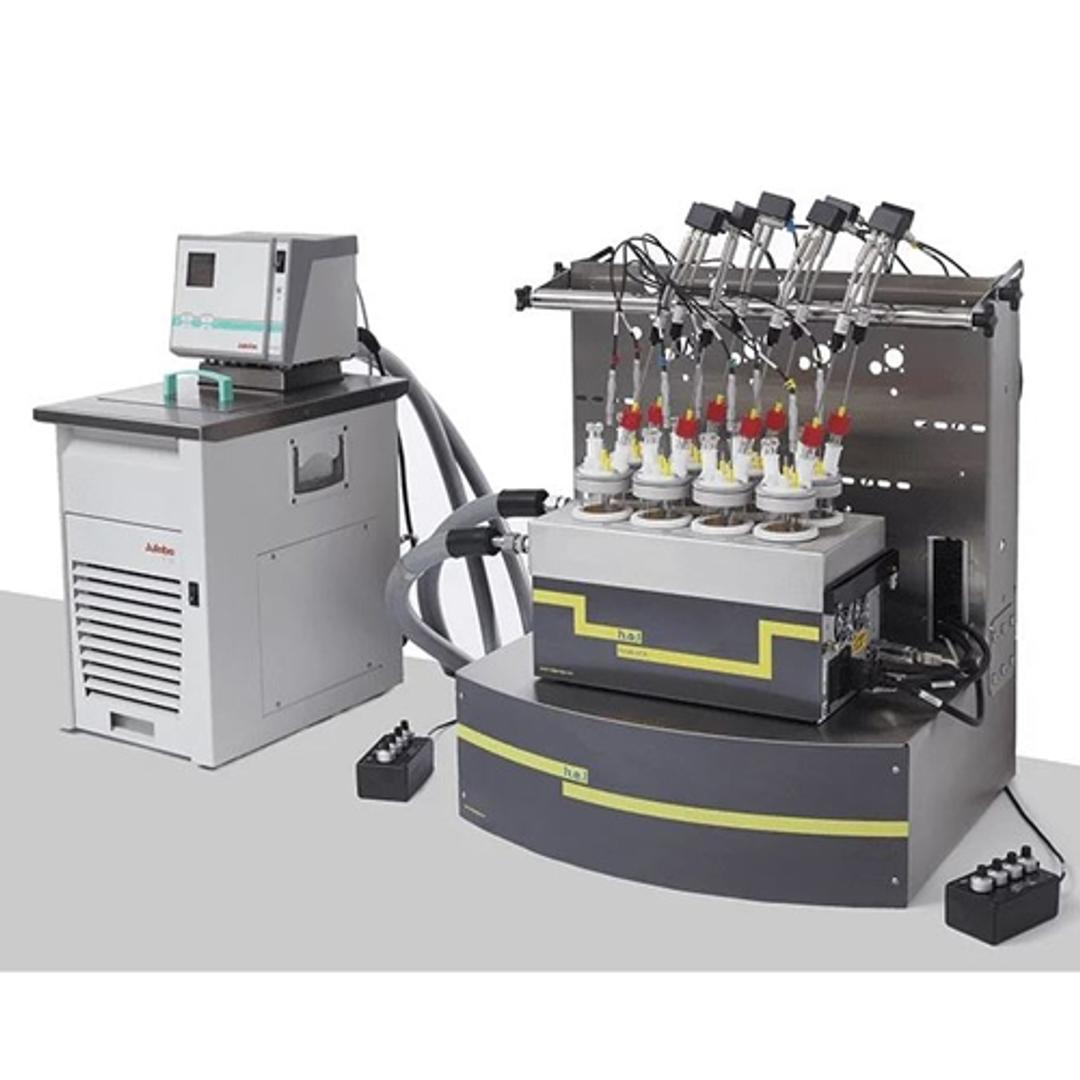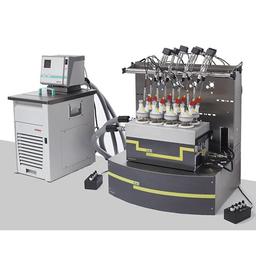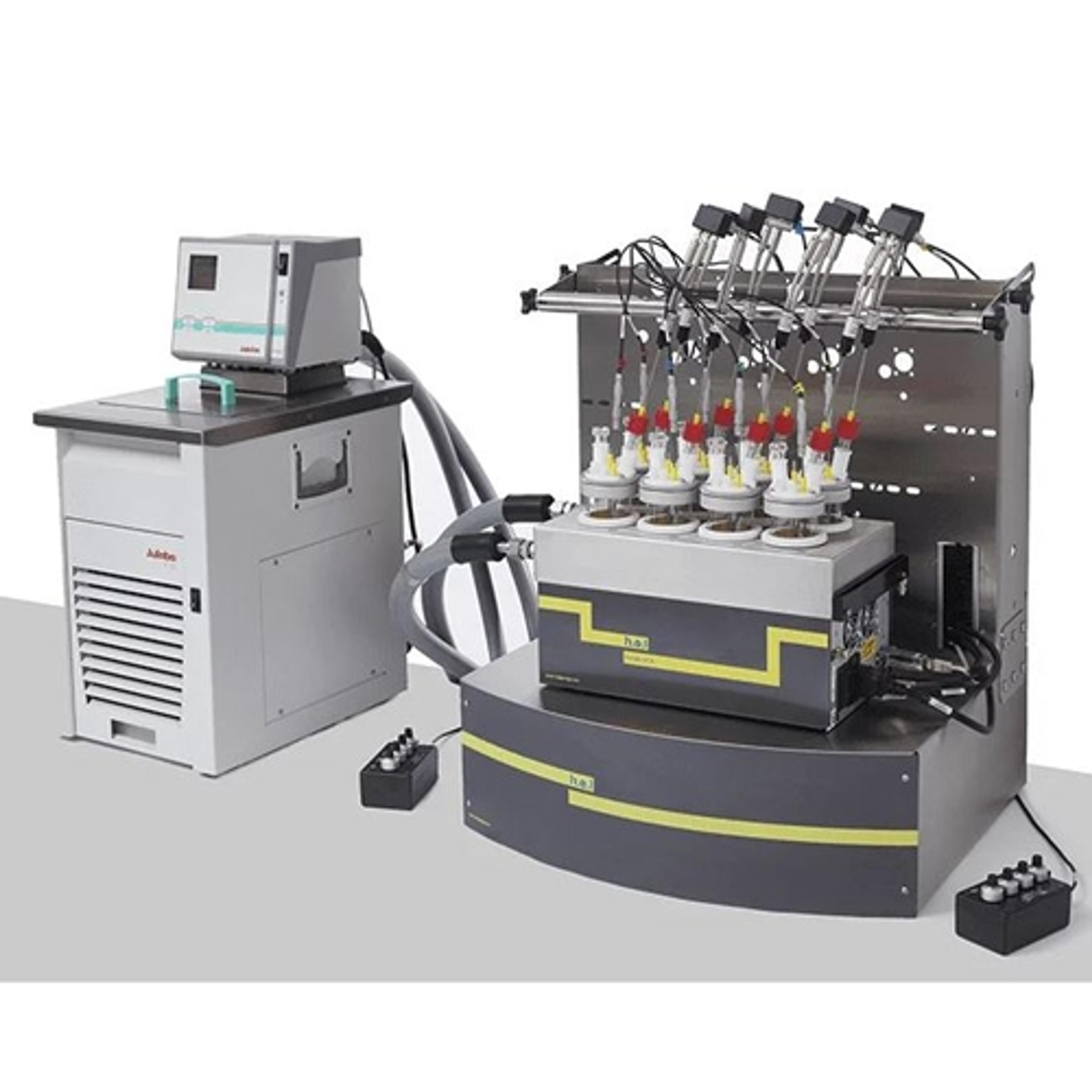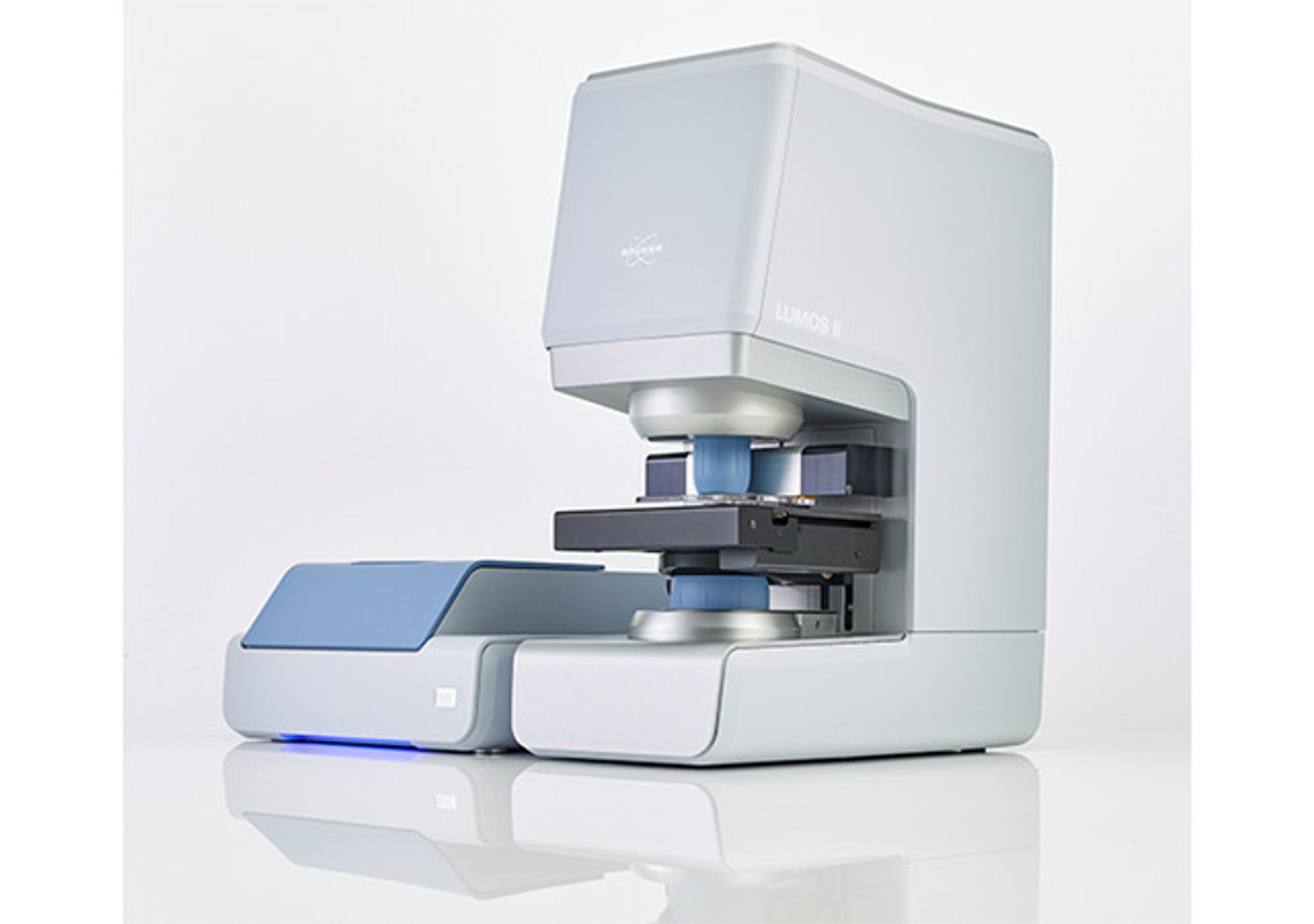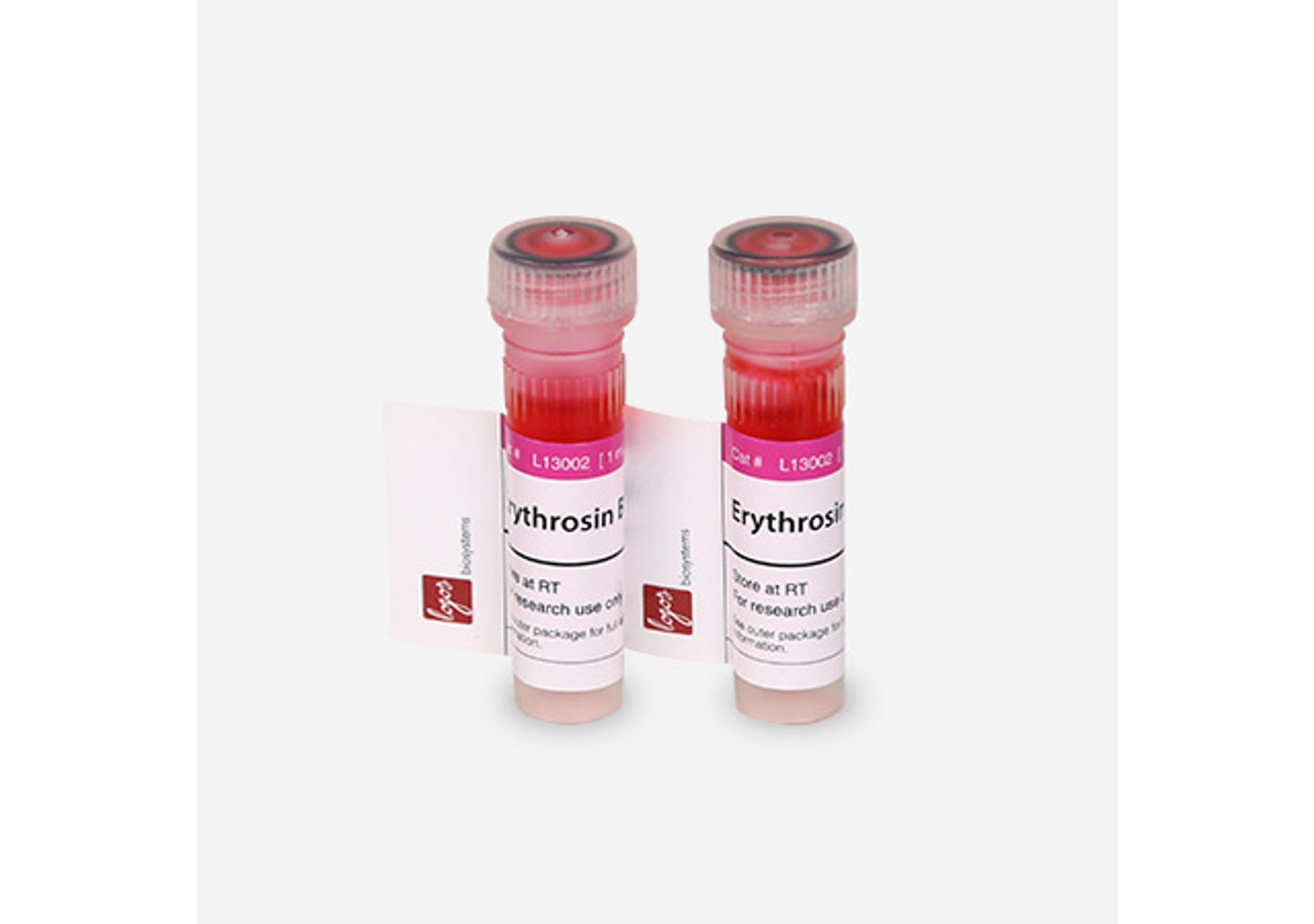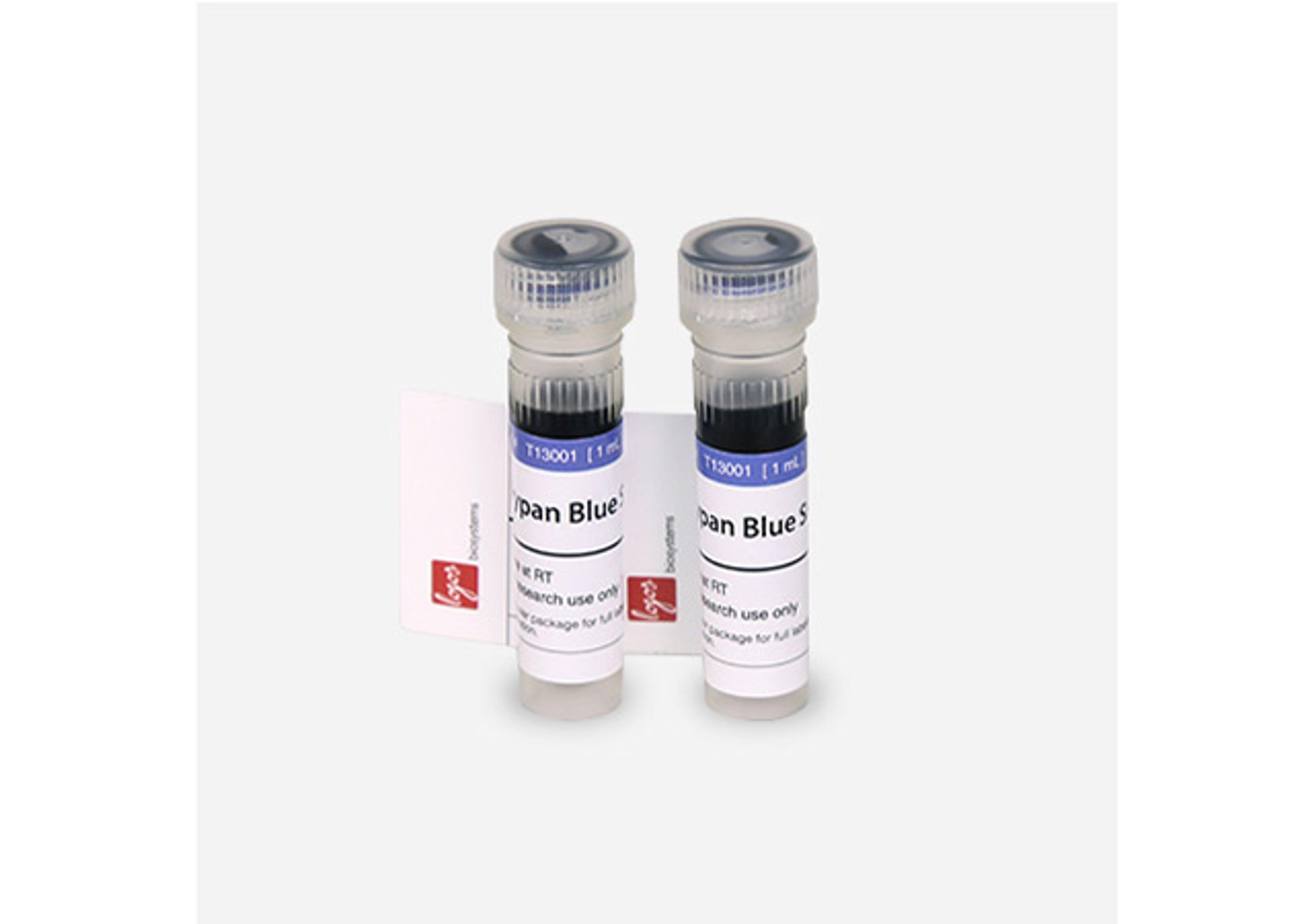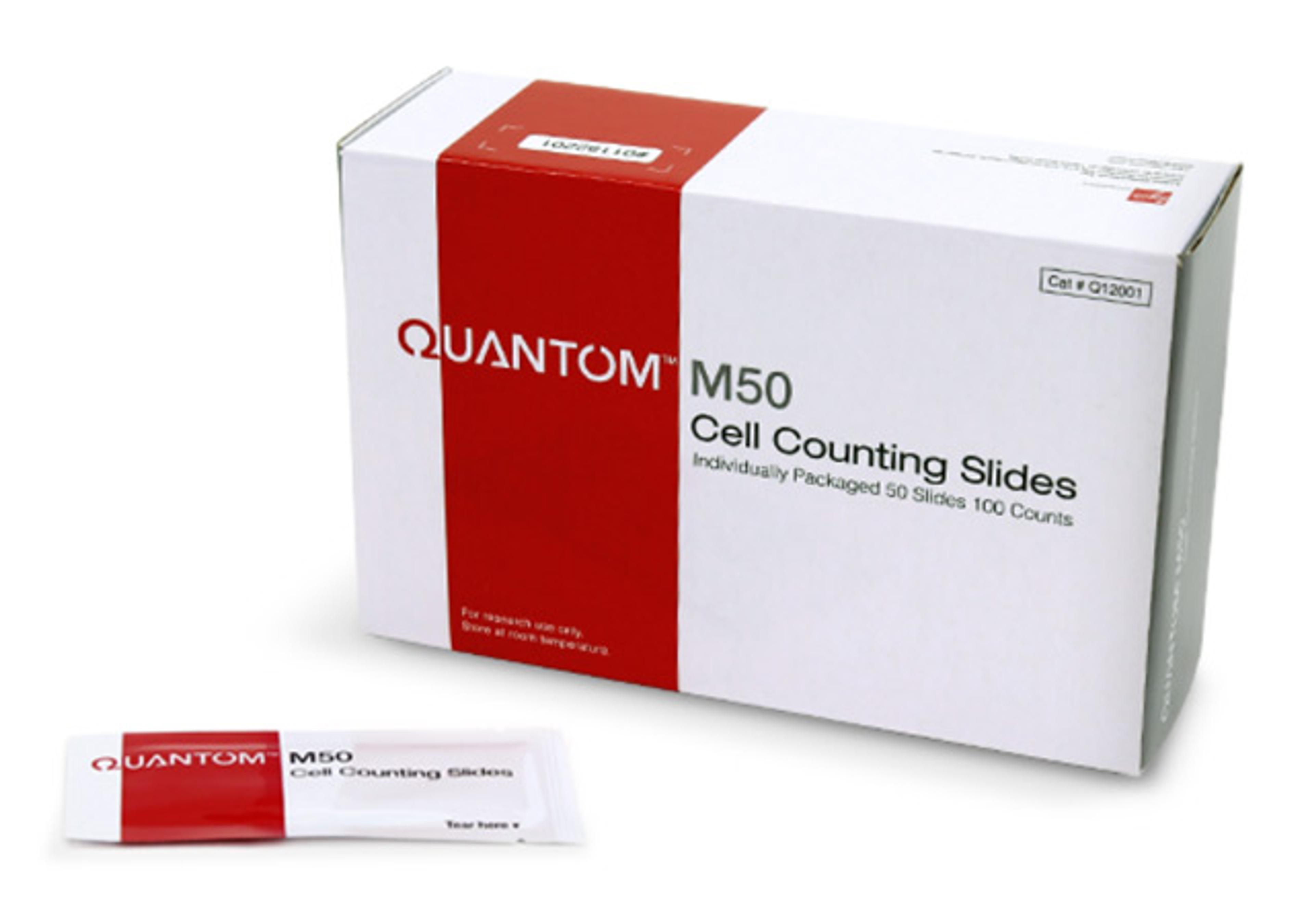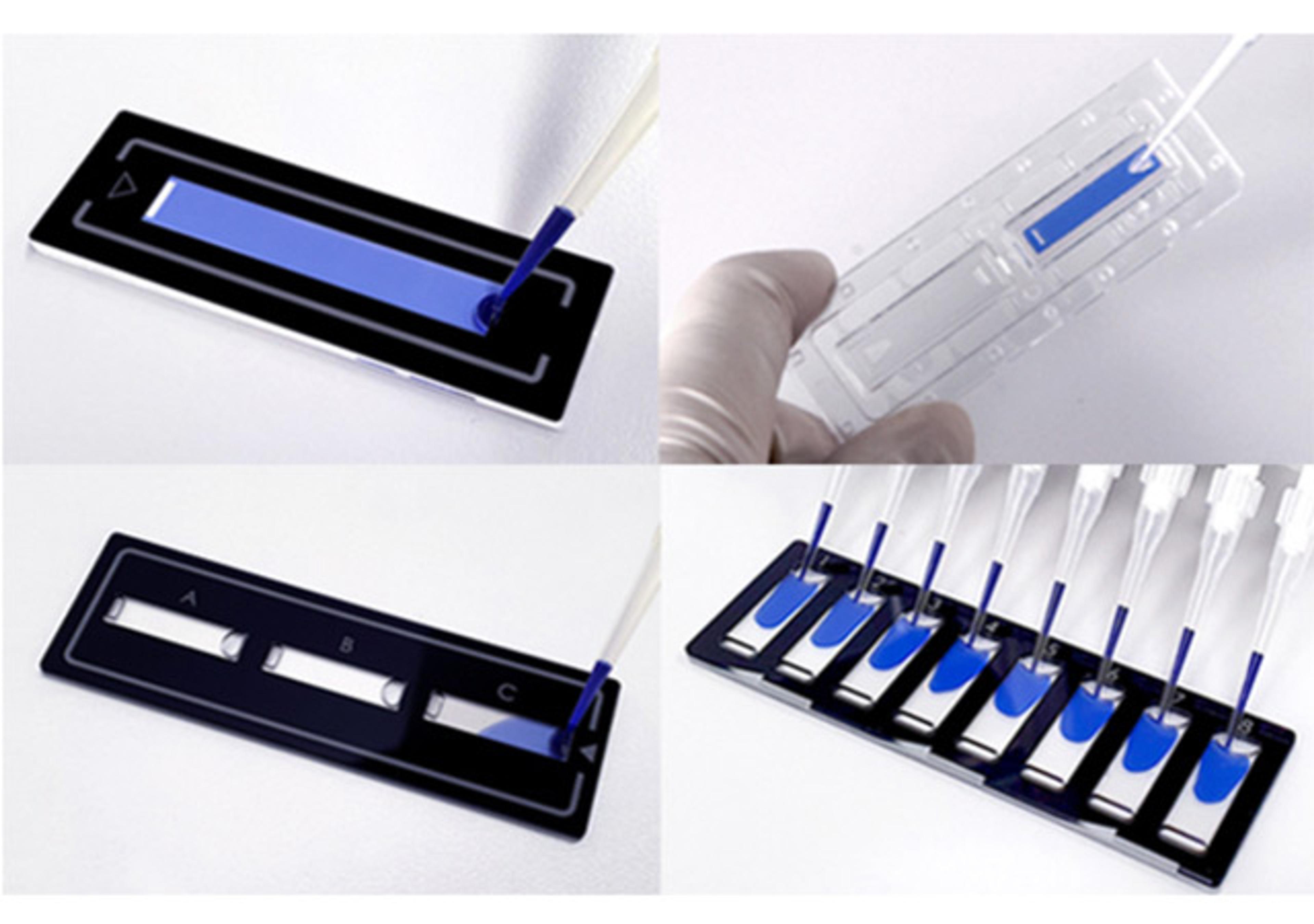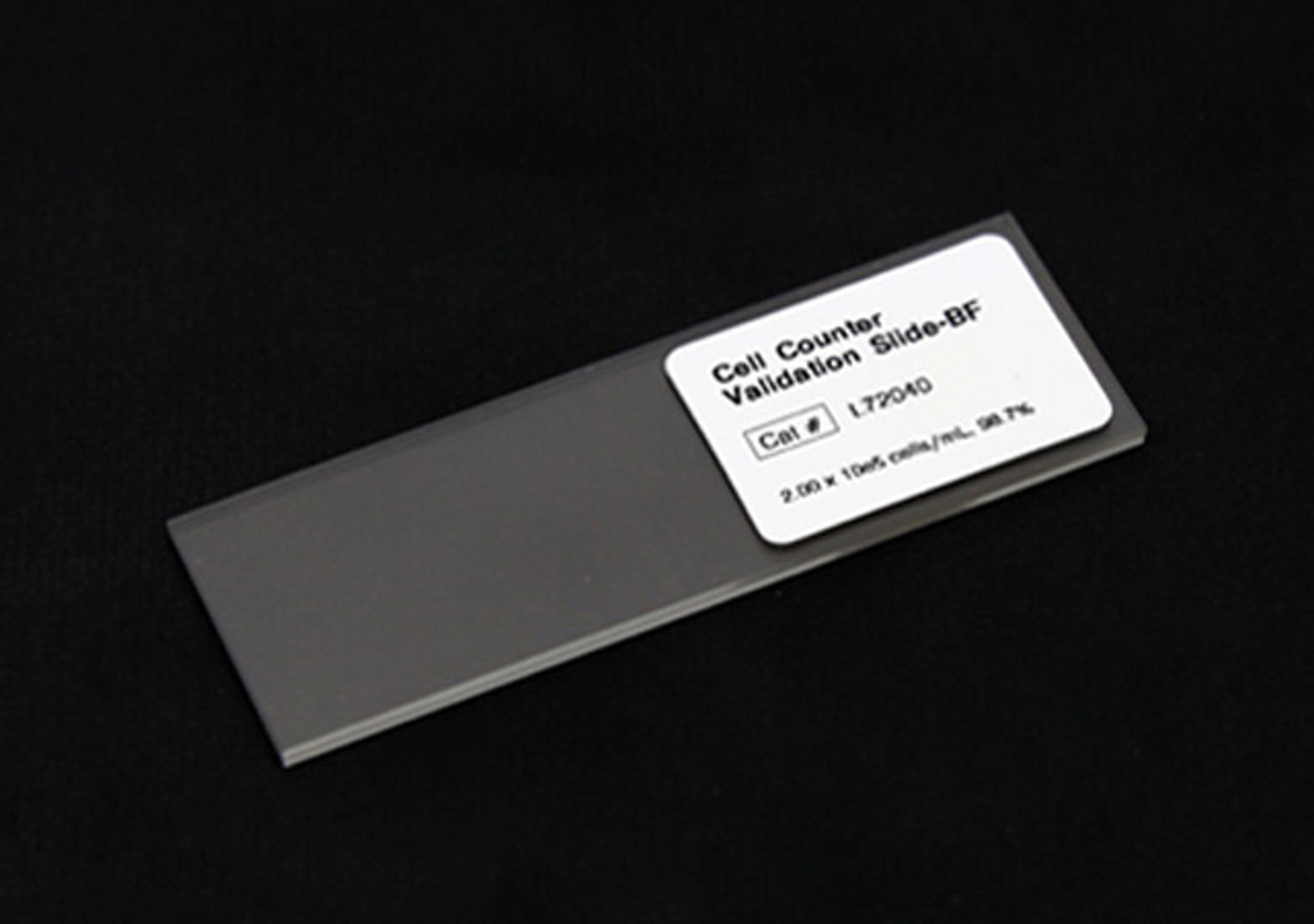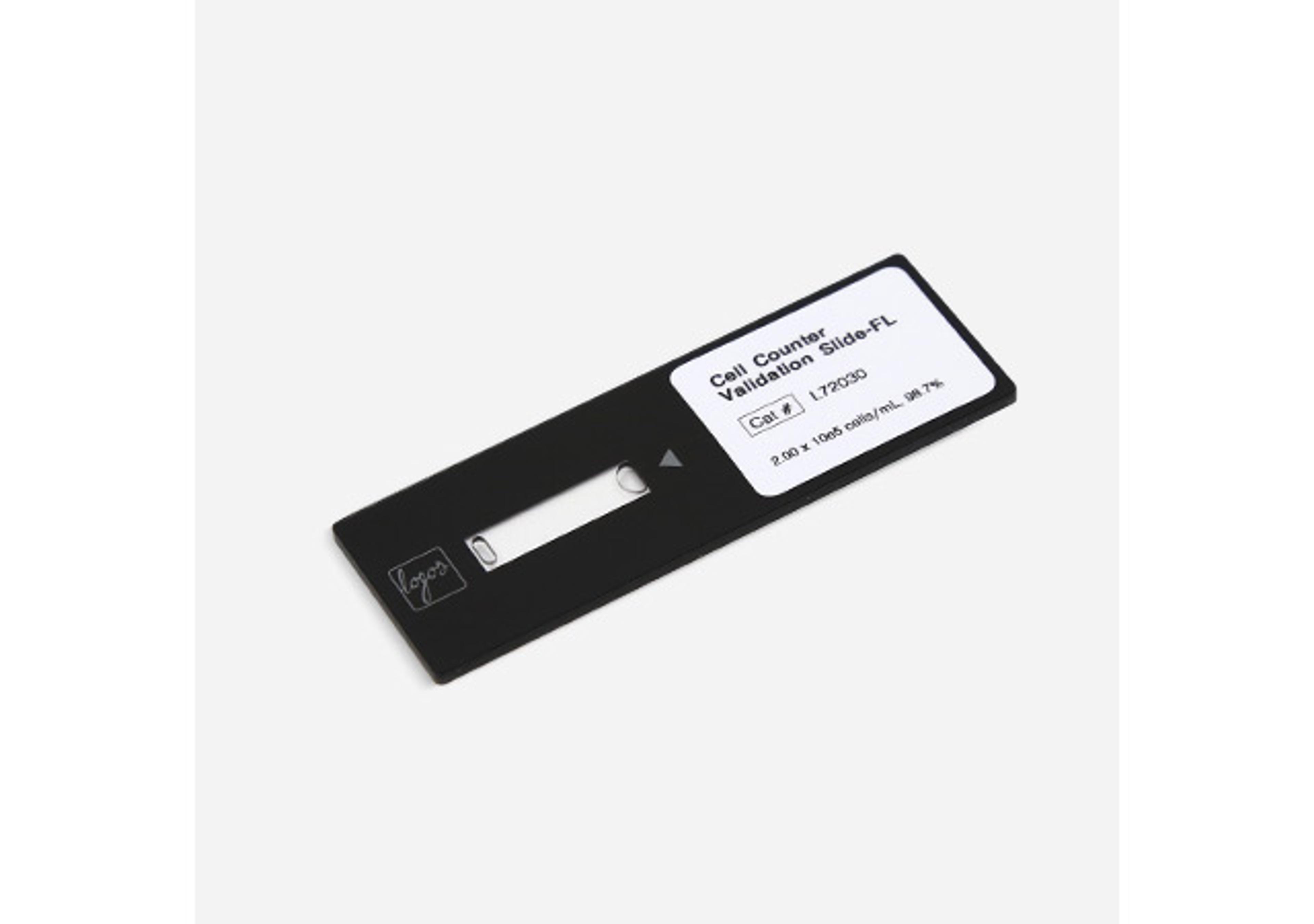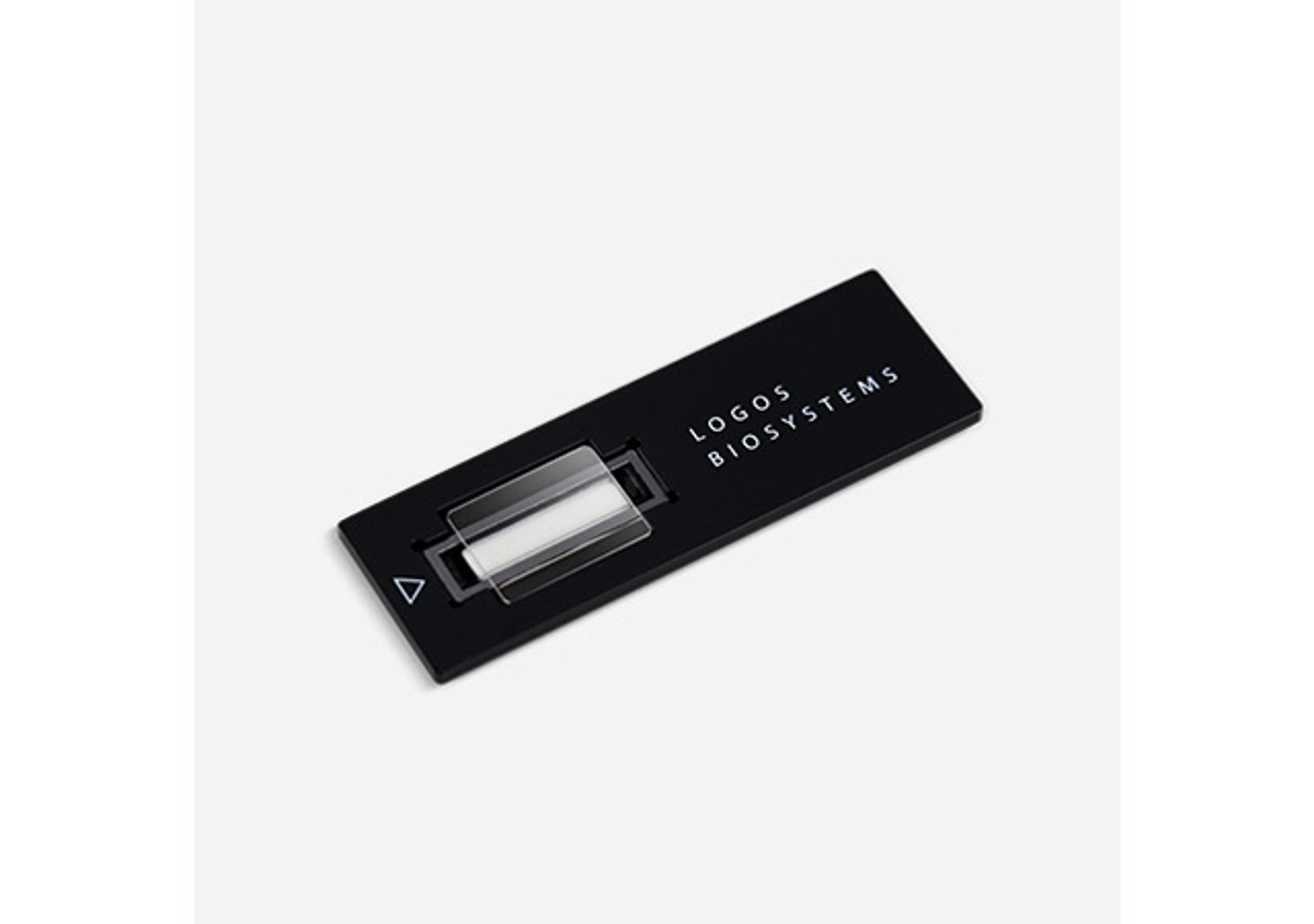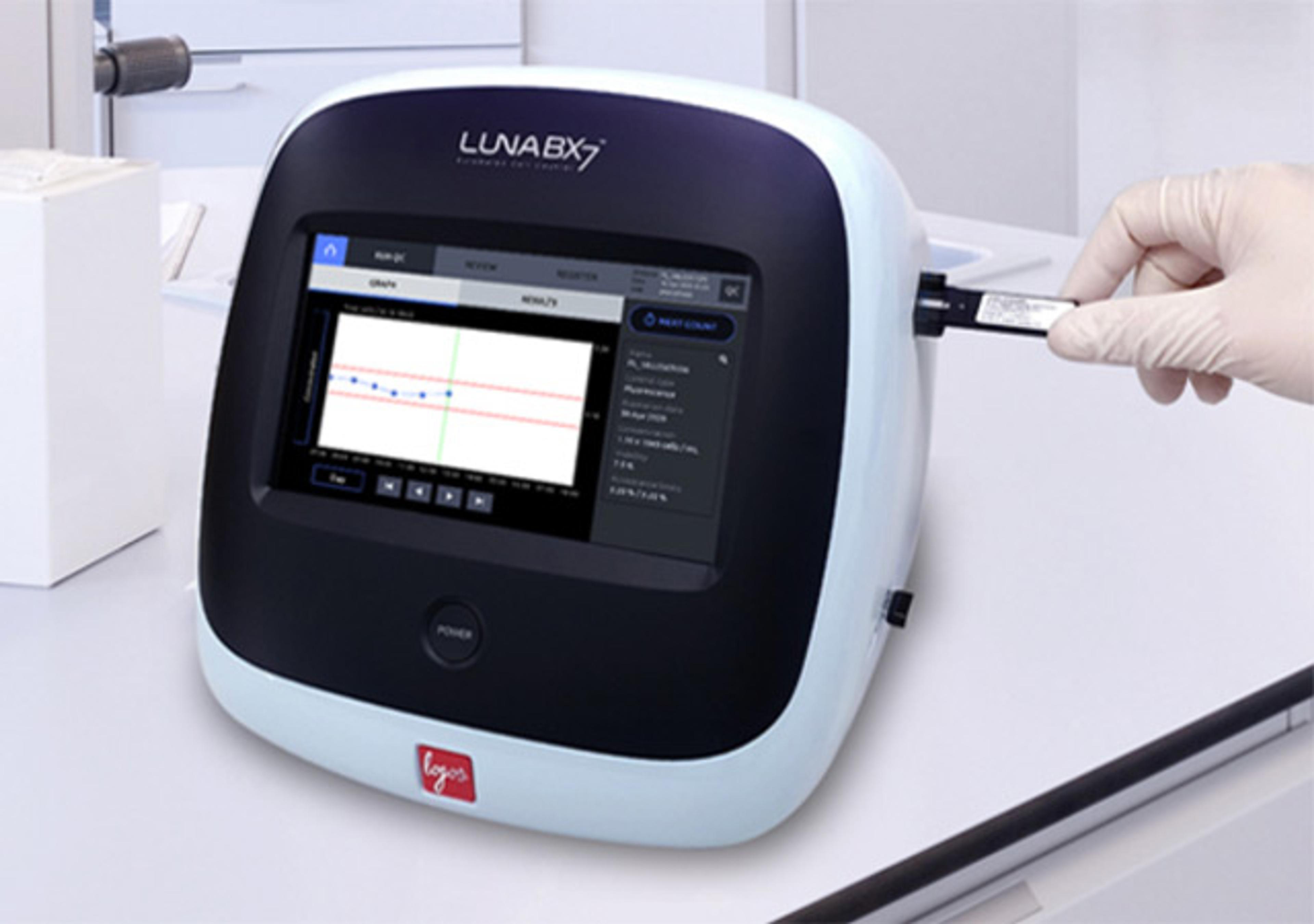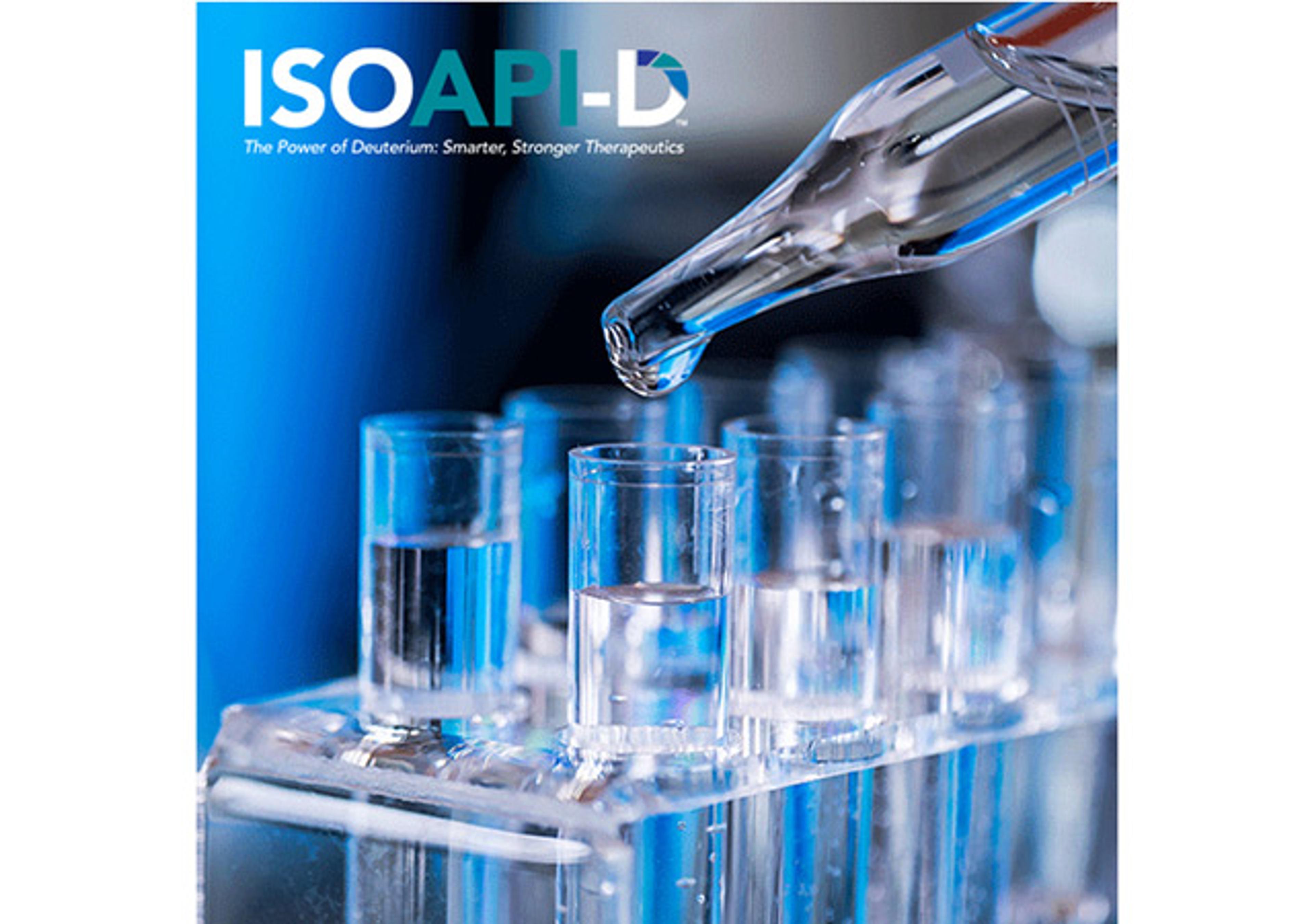CrystalSCAN
The CrystalSCAN is a bench-top, automated, parallel crystallization monitoring platform, facilitating determination of solubility curves and the MSZW (metastable zone width) of multiple samples, and optimization of the desired crystallization process.

The supplier does not provide quotations for this product through SelectScience. You can search for similar products in our Product Directory.
Great results and game-changing tool for many applications that rely on solubilities.
Solubility measurement of pure compounds in any solvent at any temperature
If you are looking to measure solubility of your pure compound in each solvent to assess its suitability in a reaction or for extraction of metabolites, then this is a must-have piece of equipment. Very useful for optimization of crystallization protocols via obtaining solubilities and crystallization points and calculating MSZW. Very easy to use and enormous ways to develop new research ideas with it. From a simple idea, I could publish in ACS Sustainable chemistry and Engineering.
Review Date: 14 Jan 2020 | H.E.L. Group
The CrystalSCAN is a bench-top, automated, parallel crystallization monitoring platform, facilitating determination of solubility curves and the MSZW (metastable zone width) of multiple samples, and optimization of the desired crystallization process. The standard system supports 8, independently controlled reactors, each equipped with H.E.L’s proprietary crystallization monitoring probe, CrystalEYES.
In addition to automated stirring, heating, and cooling of each sample, the CrystalSCAN can automatically add solvent/anti-solvent of choice, diluting each sample independently at the end of each cycle. Consequently, data on the points of dissolution and the points of nucleation can be determined automatically under a range of experimental conditions, enabling solubility curves to be generated and the characterization of MSZW, respectively. While the former provides the basis for optimizing the desired crystallization process, the latter provides insights into the behavior of the process on larger scales, informing and facilitating process development.
This combination of high throughput, coupled with high data content, accelerates the development and optimization of the desired crystallization process and shortens time to commercialization.
Overview
- Obtain accurate solubility and MSZW data
- Automated dilution / solvent addition
- 8 samples in parallel (up to 120 ml)
- 4 sample version optional (up to 500 ml)
- Interchangeable sample sizes, from 2 ml to 500 ml
- Temperature range -60 °C to +200 °C
- Innovative stirrer design to prevent crystal damage
- Measurements can be made in both clear and dark / coloured solutions – without any alteration in set-up
Agitation
Independent stirring, measured and controlled
All PolyBLOCKs are fitted with individual magnets and stirrer motors under each zone, for independent magnetic agitation. Additionally, it is possible to stir with overhead motors for more demanding applications.
Magnetic stirring
Traditional stirring with magnetic bars (fleas) is possible in all PolyBLOCKs, mainly when small vessels or vials are used. The larger “suspended” stirrers are ideal for slurries, typically in vessels above 75 ml when used with the PolyBLOCK 4, featuring stronger magnets and motors.
Suspended mechanical stirring
Good mixing of liquids and suspensions is possible using “suspended” stirrers, especially with larger vessels on the PolyBLOCK 4.
Overhead stirring
This modular option is available with either high-speed or high-torque motors to suit application requirements.
Reflux and inerting manifold and block
- Easy quick-connect solution for condensing and inerting in larger reactors
- One connection for inert gas and water supply
- Allows use of traditional condensers
- Seals allow condensers to be removed without cooling liquid spillage
Also available reflux and inerting block, with adapters for vials, tubes and reactors.
Reactor options for process screening, optimization, and scale-up
With volumes between 1 ml and 30 ml, H.E.L’s multi-reactor platforms accept a wide range of reactors, including HPLC vials, test tubes, reaction tubes, flasks, custom reactor vessels, and even high-pressure vessels. Working volumes can range from as little as 1 ml up to 500 ml fully stirred reaction vessels.
Vials and tubes
- Agitated with magnetic fleas or suspended stirrers
Flat-bottom round flasks
- Suspended mechanical stirring
- Multiport PTFE lids
- Volumes between 5 ml and 250 ml
Custom reaction vessels
- Efficiently stirred with suspended mechanical stirring
- Volumes between 75 ml and 500 ml
Independent temperature control and measurement
Each sample is separate with its own temperature sensor and controller, enabling independent setup and control with a temperature range of over 100 °C at any time. To achieve temperatures below ambient, chilled fluid must be added, which lowers the operating temperature.
Turbidity
The CrystalSCAN uses the H.E.L CrystalEYES systems, which utilizes proprietary turbidity sensors and WinISO Control software for accurate detection of solubility and recrystallization points. The software detects solubility and recrystallization points from sharp changes in signal and this is displayed graphically in real-time, allowing immediate interpretation.
The probes are simple in design, robust and cost-effective. The design is far more sensitive than standard turbidity probes and as a result, produces much more accurate results.
A Near-Infrared (NIR) source sends light through the solution and back to a detector via a mirror. Turbidity then can be measured as a function of the light intensity – as particles increase, intensity drops and turbidity increases.
Probes are constructed in hard-wearing Hastelloy for excellent chemical compatibility. The system is compact with the light source and the detector is built-in to each probe and 8 probes can be comfortably operated simultaneously on the CrystalSCAN system. At just 5mm in diameter, the probes can be used with the smallest of vessels.
Benefits
- Productivity
- The CrystalSCAN replaces a large number of manual experiments in a single run
- The CrystalSCAN replaces a large number of manual experiments in a single run
- Accuracy
- Individual thermocouples in each reactor ensure that temperatures are tracked precisely
- Turbidity probes provide accurate detection of crystallization and dissolution onset points
- Precision Syringe pumps deliver accurate dilutions
- Speed
- Automated generation of solubility and MSZW’s reduces the need for offline data analysis
- Experimental conditions can be changed at any time, even on currently running steps

